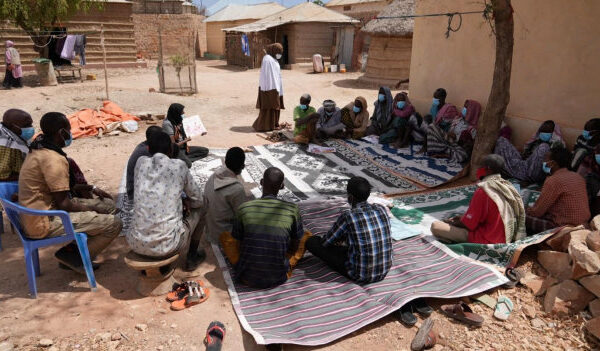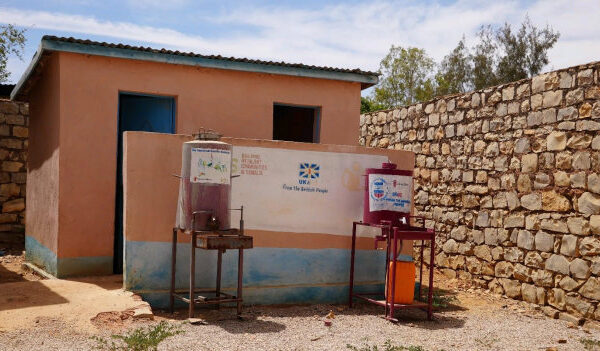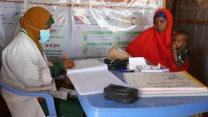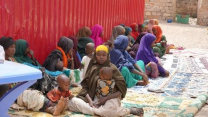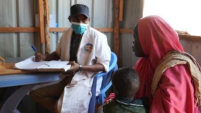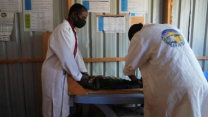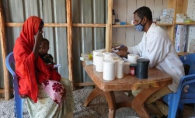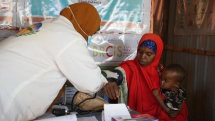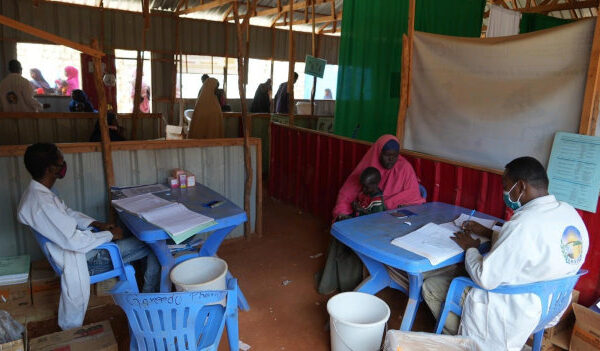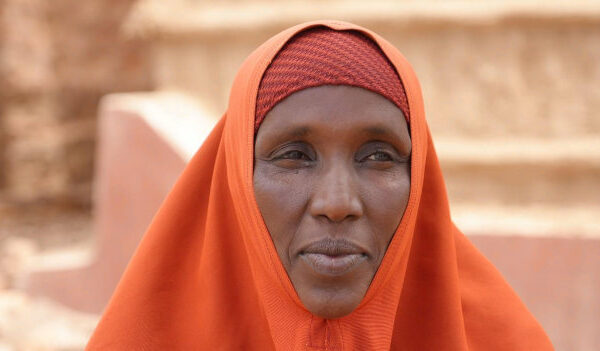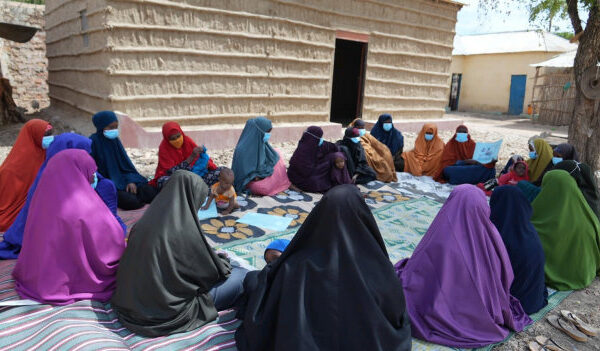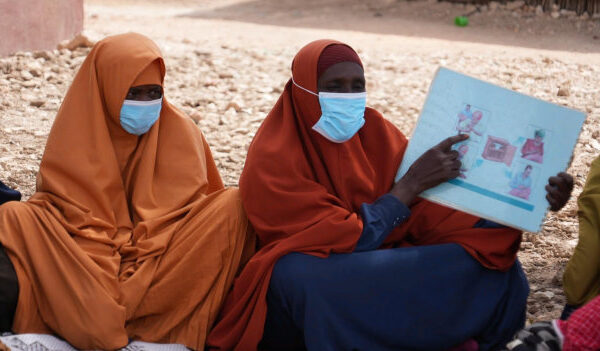The story of Mohamed Abdi, a father tragically lost seven children to measles in Somalia’s Baidoa.
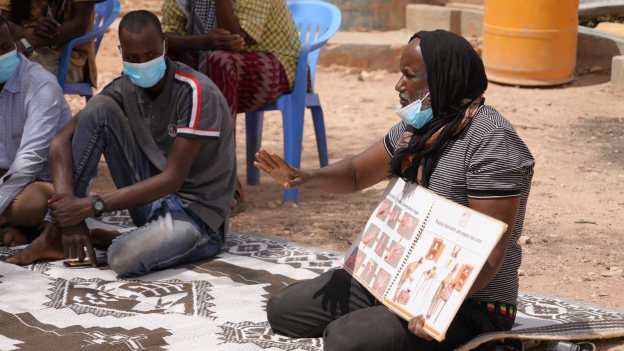
Helping parents save lives through nutrition and vaccination in Baidoa
- Nutrition and health is vital for children in Somalia, particularly in the face of acute malnutrition and challenges due to displacement and drought
- A Gredo-managed maternal and child health centre in Baidoa – which treats up to 400 mothers a day – is now providing urgently-needed training for fathers and mothers on awareness of health, nutrition and early detection of malnutrition
- To date, more than 460 parents have joined the training,
56-year-old Mohamed Abdi, a father in Baidoa, learned of the importance of vaccination and exclusive breastfeeding for babies too late.
Tragically, he has seven children of his 14 children to measles – a disease that can be lethal to young children and is endemic to Somalia – as part of outbreaks in previous years. Highly contagious, measles can lead to pneumonia, diarrhea, brain swelling, blindness – and death.
Mohamed’s children also suffered from malnutrition, something he suspects made them more vulnerable to disease.
However he joined training at Gredo-managed maternal and children’s health center – where fathers are put at the center of children’s health – which has proven a life-changing and life-saving experience for him.
The training focuses on building awareness of health, nutrition and early detection of malnutrition in children and infants, as well as ways to prevent it – like exclusive breastfeeding.
Mohamed says he did not know how to identify malnutrition or believe in exclusive breastfeeding – where infants receive only breast milk for the first six months of life – and says he would sometimes encourage his wife to give water to their babies under the age of six months.
“Before I joined the training, I used to blame my wife for the health challenges my children faced,” he admits. “But now I have learnt a lot and I support her in this critical role.”
“The training was indeed eye opening for me,” said Mohamed, who now trains his friends and peers in the community.
“One key lesson I have learnt is that as a father it is also my responsibility to take care of the health and development of my child. This is something most men in our community are not aware of, and the reason why I think this project has succeeded.”
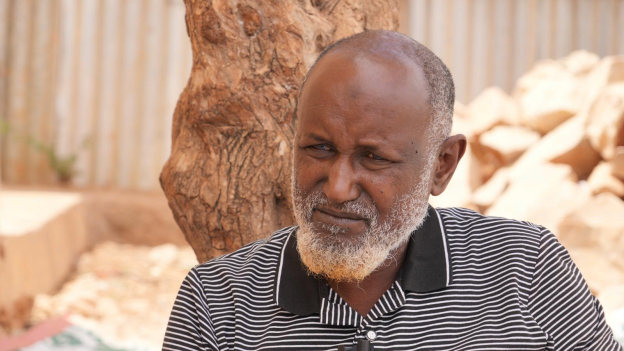
As part of the training, men are organized into groups of ten, nine trainees and one trainer. To date, 230 fathers have far graduated from the center, covering a range of UNICEF-created topics about infant and children’s health.
A key focus in Somalia is how to improve nutrition – currently 1.4m are children likely to suffer from acute malnutrition due to drought – as well as exclusive breastfeeding, which dramatically increases an infant’s chances of survival.
Women also join the training at the centre, with more than 330 mothers graduating so far.
“I have learnt the importance of boiling water before giving it to my child for drinking,” said 35-year-old mother Samsam Ali.
“I was also trained on hand washing techniques – as a mother I have realized it is important to keep clean because we feed our kids with our hands.”
The hub for training is the Gredo-managed maternal and child health (MCH) centre in Baidoa, a centre frequently visited by mothers.
“A total of 400 mothers visit the MCH center every day, they are diagnosed and treated here,” said Rukia Maalim, an Infant and Young Child Feeding (IYCF) Nurse.
“They are also given food supplements like pumpynuts and nutritious biscuits for kids who are suffering from malnutrition as well as giving them counselling and guidance.”
Building Resilient Communities in Somalia (BRCiS) is a humanitarian consortium that holistically supports Somali communities in developing resilience to minor shocks without undermining their ability to move out of poverty. The consortium has come at the right time when Somalia is struggling with drought and malnutrition.

